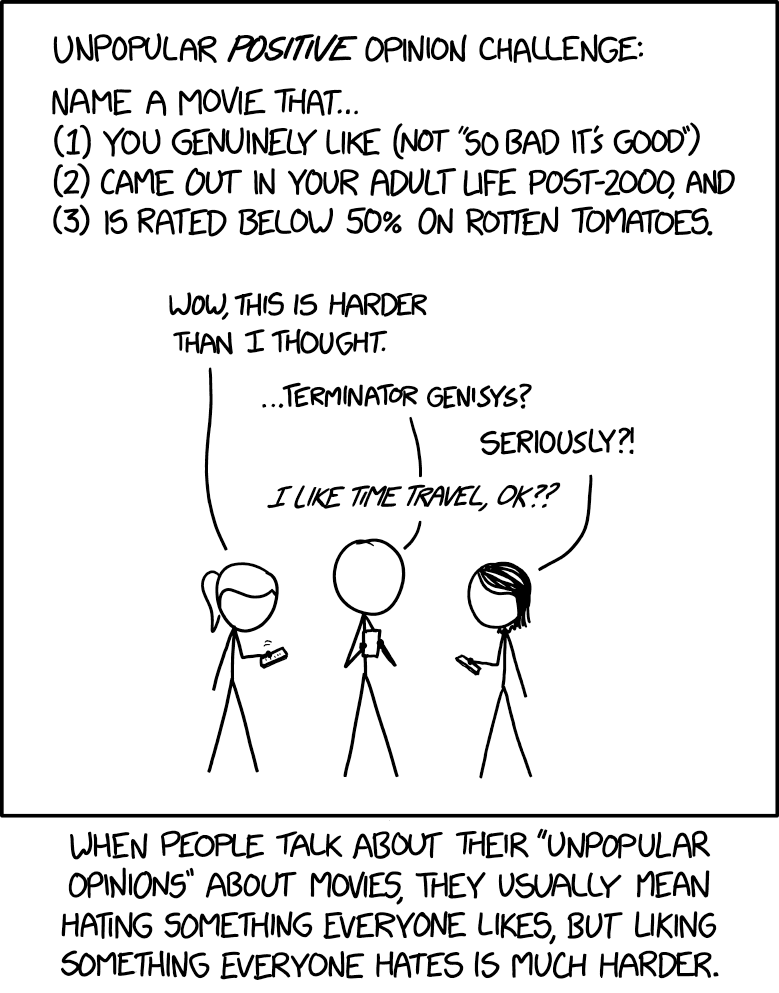Similarly, what would you gain by saying uint32_t const* x = my_var.get<uint32_t>();
To be frank: You gain the information that MyConcreteType::get<uint32_t> returns a uint32_t, which I otherwise couldn’t infer from the docs. Of course, I could assume it, based on the template parameter, but I don’t want to go around assuming a bunch of stuff in order to read docs.
Take an example like auto x = my_var.to_reduced_form(), it’s very clear that x is the “reduced form” of my_var, which could be meaningful in itself, but what type is it? I need to know that if I want to do anything with x. Can I do x += 1? If I do, will that modify my_var? Let’s say I want to make a vector of whatever to_reduced_form returns… and so on.
All these questions are very easily answered by MyConcreteType x = my_var.to_reduced_form(). Now I immediately know that everything I can do with my_var, I can also do with x. This makes me happy, because I need to do less digging, and the code becomes clearer to read.









Recalling the videos of a single male lion pretty much ripping apart a pack of hyenas… Tigers are even bigger and stronger than lions, and wolves don’t have anywhere near the bite force of a hyena. I think you’d need a lot more than three.